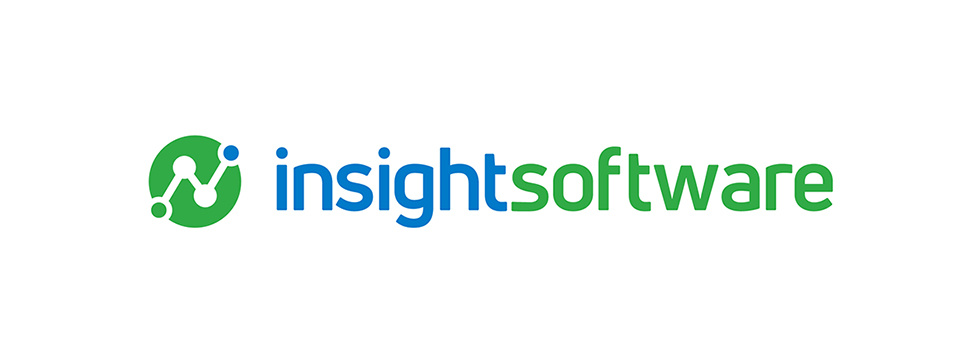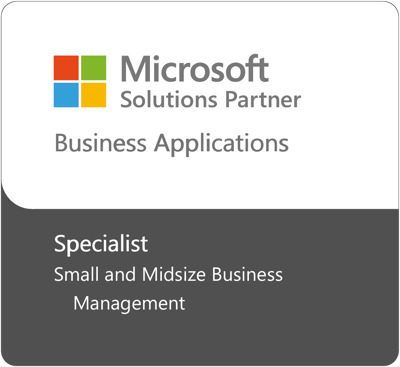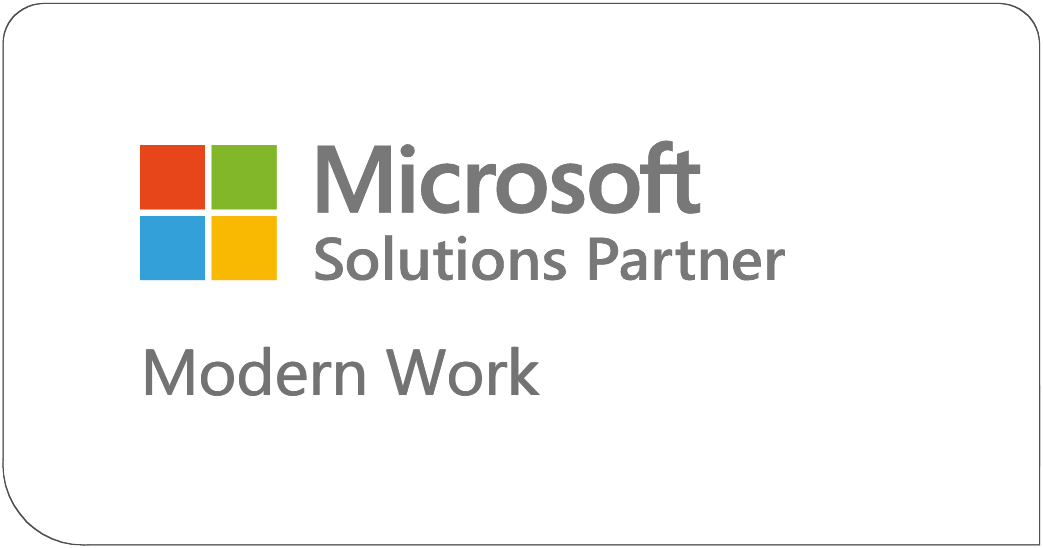Cloud migration is a daunting prospect, especially considering the expense of installation, training, and embedded new processes. But the benefits of enhanced functionality, the power of the cloud, and increased ROI are reasons enough for organizations across the world to convert every day. Cloud enterprise resource planning (ERP) software is ideal for a variety of applications, including managing multiple departments and CRM integration.
What to Expect When Migrating to The Cloud
Boasting over 15,000 customers on its SaaS platform, Microsoft Dynamics 365 Business Central is growing at a rapid rate of 200% annually. It is the fastest-growing ERP on the market and can be run on-premises or in the cloud. The platform enables users to move to the cloud quickly and confidently to increase productivity and boost sales.
When making the move, pre-planning is vital. Determining your business’s current state and future needs before upgrading will ensure the smoothest possible transition.
Questions to consider are:
- How much data do you need to import?
- What Customizations need to be transferred?
- Are those customizations already supported by Dynamics 365 Business Central?
- What third-party services need to be integrated?
- How much storage will you need?
When migrating to Microsoft Dynamics 365 Business Central from AX, the amount of time it takes to make the change varies. If you’re just looking to install out-of-the-box features, the process may take 8-12 weeks, while versions with greater customization can take between 12-24 weeks.
Read Our Blog:
SaaS vs. On-Premises vs. On-Premises with Cloud Hosting: Pros and Cons
The Problem with Manual Reporting
Every ERP solution comes with out-of-the-box reporting tools, and Dynamics 365 Business Central offers an array of stock reports to choose from. But when the month and year-end close demand reports are specifically tailored to your business, financial professionals must rely on overtaxed IT departments and outside consultants to build them. This leads to a cumbersome, time-consuming process that leaves custom report creation running into days and weeks.
Different Approaches to Migration
When migrating to the cloud, there are a variety of different approaches you can take to maintain your data strategy. Those options include:
- Data lake or Azure Data Lake Services (ADLS) is Microsoft’s new data solution, which provides unstructured data analytics through AI.
- Data entities act as an intermediary, providing a gatekeeping layer between the requester and the database.
- Bring your own database or BYOD, which is an exact copy of the live data used to run your reports. They provide an extra layer of security against human error.
Deciding which route to use can be challenging, but a method that makes the process easier is separating tools into two brackets: report-based solutions and Data-led solutions.
Report-based solutions include products like Atlas by insightsoftware. Along with offering the lowest migration cost, they provide a similar ongoing report development environment as your ERP, which allows for easy adoption.
Data-led solutions have a higher licensing cost for migration but provide new and more powerful reporting solutions. Like Microsoft’s out-of-the-box offerings, they still contain a similar reporting environment with a short learning curve. Data-led solutions, like insightsoftware’s Jet suite of products, also provide data and reporting segments baked in.
Enhance Your Dynamics 365 Business Central Experience
When taking a report-based approach, Atlas helps you streamline your operational and financial reporting capabilities. Offering deep integration into Dynamics 365 Business Central, the software can read and write from the ERP, allowing you to both download and upload information with ease.
Atlas works by connecting to live data from Microsoft Business Central to give you the power to produce accurate financial and operational reports. Once they’re built, your finance team can quickly drill down into journals, balances, and sub-ledgers directly in Excel.
More than Excel
With Atlas, you don’t have to change the familiar process of working in Excel because it works seamlessly with the same spreadsheets you know and love. And when migrating to Microsoft Dynamics 365, Atlas is an ideal solution because it plugs into every application in the Microsoft Office suite, from Word to PowerPoint.
When delivering a presentation to leadership, stakeholders, and more, Atlas allows you to import data like financial reviews from Business Central into PowerPoint. The best part is it’s refreshable, allowing you to present key information in near real-time.
Atlas also works seamlessly with Outlook. You can build a query in Excel and if you receive an email asking for numbers, from open balances for vendors to your top 10 customers, you can save an Atlas query, then either drag and drop or insert. This allows you to import data into your emails without requiring time-consuming manual data entry.
A Two-Lane Highway
Atlas is a dynamic solution that allows you to both download information from Dynamics 365 Business Central and upload it. For example, you can create a journal entry using an Atlas template in Excel. These entries, such as those containing payroll information, can be complex, often having tens of thousands of rows.
Atlas saves you time by allowing you to paste the data into an Atlas Excel template, then upload it easily into Business Central. Once it’s uploaded, it leaves a detailed audit trail, ensuring the information any user uploaded is always tracked. This is vital for maintaining the security of sensitive financial and accounting data.
Converting from Microsoft Dynamics AX to Dynamics 365 Business Central requires financial and accounting teams to adjust certain processes to fully reap the rewards. Use Atlas to streamline and optimize your Microsoft Dynamics 365 experience with its easy-to-use Excel interface.






